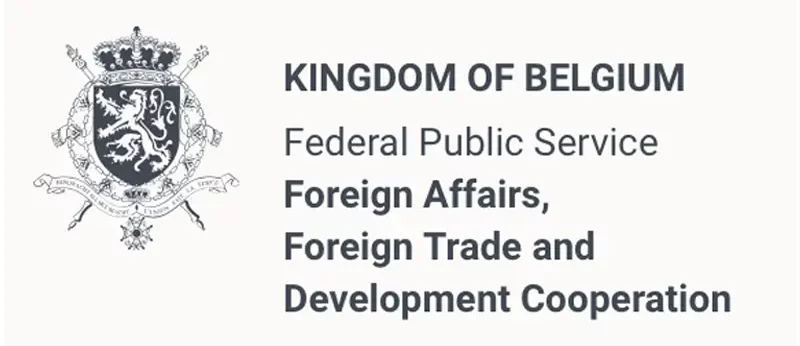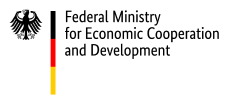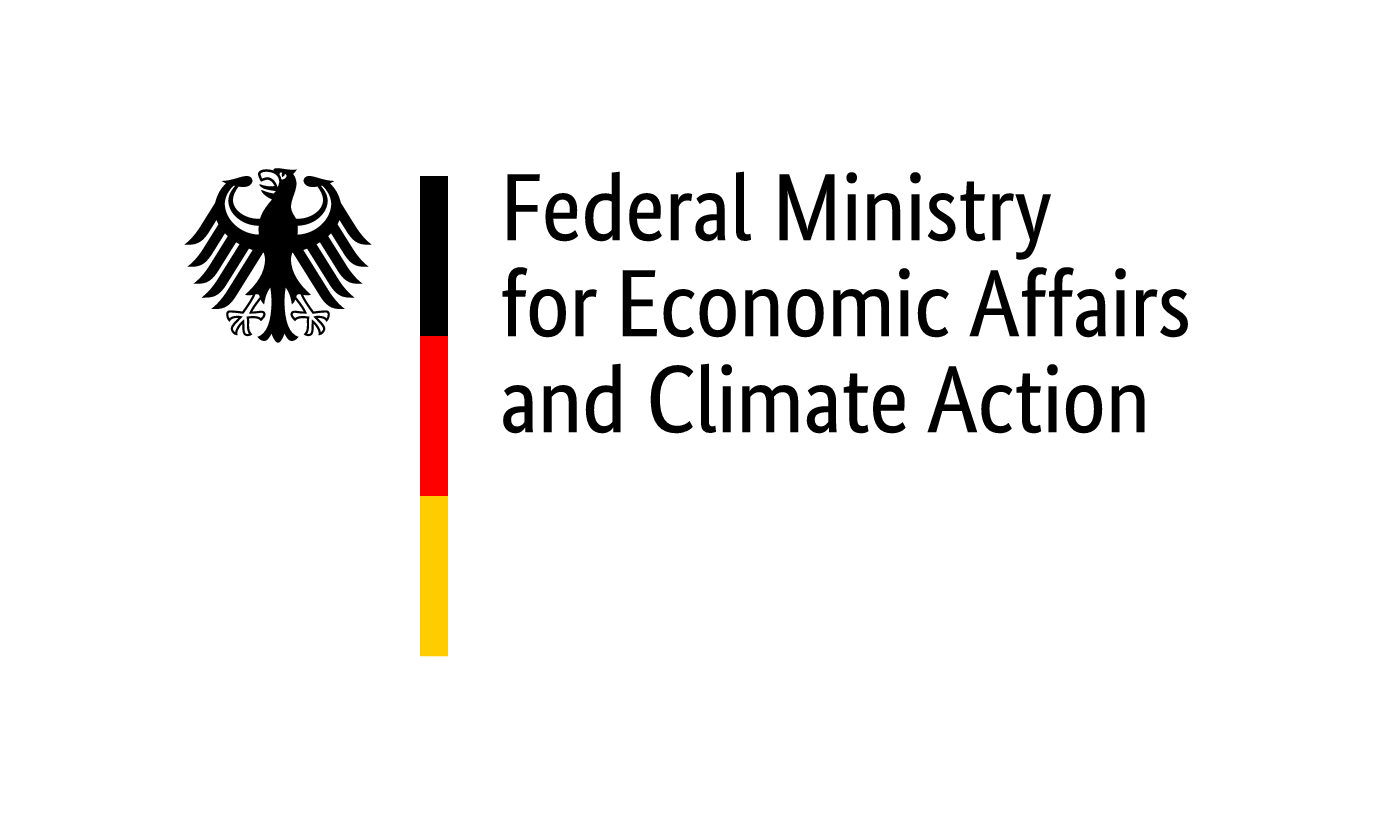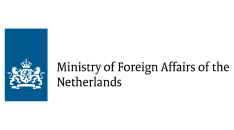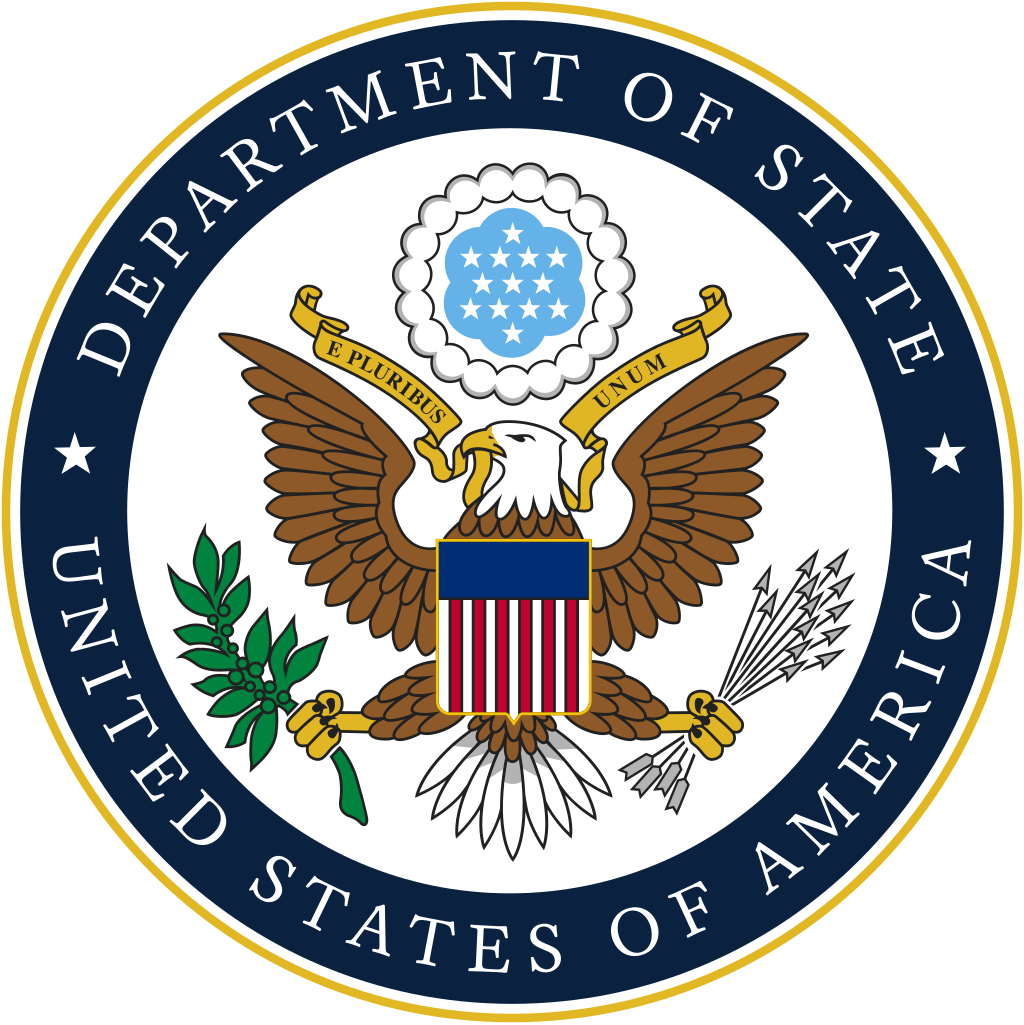The NDC Partnership works with governments to integrate Nationally Determined Contribution (NDC) measures into national development strategies, ensuring that climate action is not treated as a standalone effort but as a fundamental component of sustainable growth.
Through whole-of-government and whole-of-society approaches, countries are strengthening institutional coordination and securing broad ownership of their climate commitments. When NDC Implementation Plans are developed with input from environment, planning, finance and sectoral ministries — alongside gender agencies, subnational governments, the private sector, youth representatives and civil society — they are more likely to be effectively implemented and sustained.
The stories below showcase some countries’ efforts at embedding NDCs and Sustainable Development Goals (SDGs) into national policies, development planning, budget processes and governance frameworks for long-term resilience and sustainability.
Mexico Advances Gender Equality and Human Rights in Climate Reporting
Mexico is enhancing its climate reporting by strengthening the focus on gender equality and human rights.
In its upcoming reports to the United Nations Framework Convention on Climate Change (UNFCCC) — including the 7th National Communication and its first Biennial Transparency Report (BTR) — the country aims to reflect the social dimensions of climate action, highlighting how climate policies and actions impact people, especially vulnerable communities.
Led by the National Institute of Ecology and Climate Change (INECC), this effort highlights how climate policies contribute to gender equality and inclusive development.
By analyzing public information on climate action programs and conducting interviews with key stakeholders, Mexico is identifying opportunities to enhance gender and human rights integration across initiatives — and, consequently, in reporting. These efforts also underscore the need to strengthen institutional capacity beyond the environmental sector, while showcasing best practices already in place at the project level.
With support from Environment and Climate Change Canada through the NDC Partnership, the Global Green Growth Institute (GGGI) is providing technical assistance to strengthen inclusive climate policy. Running from November 2024 to November 2025, this initiative aims to scale good practices and integrate gender-responsive and human rights-based approaches into Mexico’s updated NDC 3.0. This support is part of a wider package of gender activities funded by Environment Climate Change Canada.
By embedding inclusivity at the core of climate action, Mexico is reinforcing the principle of “Leaving No One Behind” as it works to build resilience and safeguard vulnerable communities at the frontlines of climate change.

Empowering Tonga’s Youth to Lead on Climate and Renewable Energy
In September 2024, the Government of Tonga held a three-day youth workshop on renewable energy and climate finance — delivered by the International Renewable Energy Agency (IRENA), the Global Green Growth Institute (GGGI), the Climate Finance Access Network (CFAN) and the Pacific Community (SPC) through the NDC Partnership — to strengthen youth engagement.
The event provided a platform for young participants to collaborate, exchange ideas and develop project proposals focused on climate resilience and renewable energy. With over 30% of Tonga’s population classified as youth, priorities within this group — including gender equality and social inclusion — were prominently featured and discussed in depth throughout the workshop.
Financing Climate Action in El Salvador
El Salvador’s Climate Finance Strategy is a key pillar of the country’s vision to mobilize resources for priority climate actions — enhancing resilience, reducing emissions and driving sustainable development.
Developed through the “Mesa de Financiamiento Climático,” an inter-institutional coordination mechanism, the strategy focuses on unlocking internal and external financing, strengthening institutional capacity and ensuring transparent governance.
It is built on four key guidelines: mobilizing financial resources, fostering public and private investment, enhancing institutional frameworks and developing innovative financial mechanisms. By integrating these elements, El Salvador is taking a coordinated, strategic approach to financing climate action, ensuring that resources are effectively aligned with national priorities.
El Salvador developed its Climate Finance Strategy with support from the United Nations Development Programme (UNDP) mobilized through the NDC Partnership. A climate finance management expert, backed by the Partnership Action Fund (PAF), is also supporting capacity building and resource mobilization for NDC implementation.
Watch the video highlighting El Salvador’s Climate Finance Strategy.
Mainstreaming Youth Engagement in National Climate Action
Young people play a critical role across all phases of NDCs, from development and enhancement to implementation. By ensuring that national processes reflect country needs and priorities, NDCs are far more likely to succeed.
A key factor in this success is mainstreaming youth engagement in climate policy design and implementation, ensuring that young voices contribute meaningfully to national and international climate planning and action.
The 2024 Youth Engagement Forum (YEF2024) connected representatives from 76 countries to share insights into how best to integrate youth perspectives into NDC processes. Through six regionally focused online workshops, participants explored best practices for bringing a “youth lens” into long-term climate planning, including government-led youth advisory councils informing policy design, national youth engagement strategies and government collaboration with Local and Regional Conferences of Youth to inform NDC targets. Many countries have also sponsored youth representatives at COPs, ensuring young voices are represented at the highest levels of climate negotiations.
Challenges remain in fully mainstreaming youth engagement. Some countries reported low youth awareness of NDC processes, impeding effective participation. Others face difficulty in connecting national policy discussions to local communities or in developing frameworks that address the vulnerabilities of children under 18 in policy design.
To enhance youth engagement in NDCs, YEF2024 participants highlighted three key priorities:
Raising awareness
Strengthening youth exposure to climate action through education, nature experiences and opportunities for direct engagement with policy processes.Capacity building
Equipping young people with skills to participate in national and international climate negotiations and advocacy.Targeted financing
Expanding financial support for youth-led projects and ensuring equitable access to climate funding, especially for marginalized communities.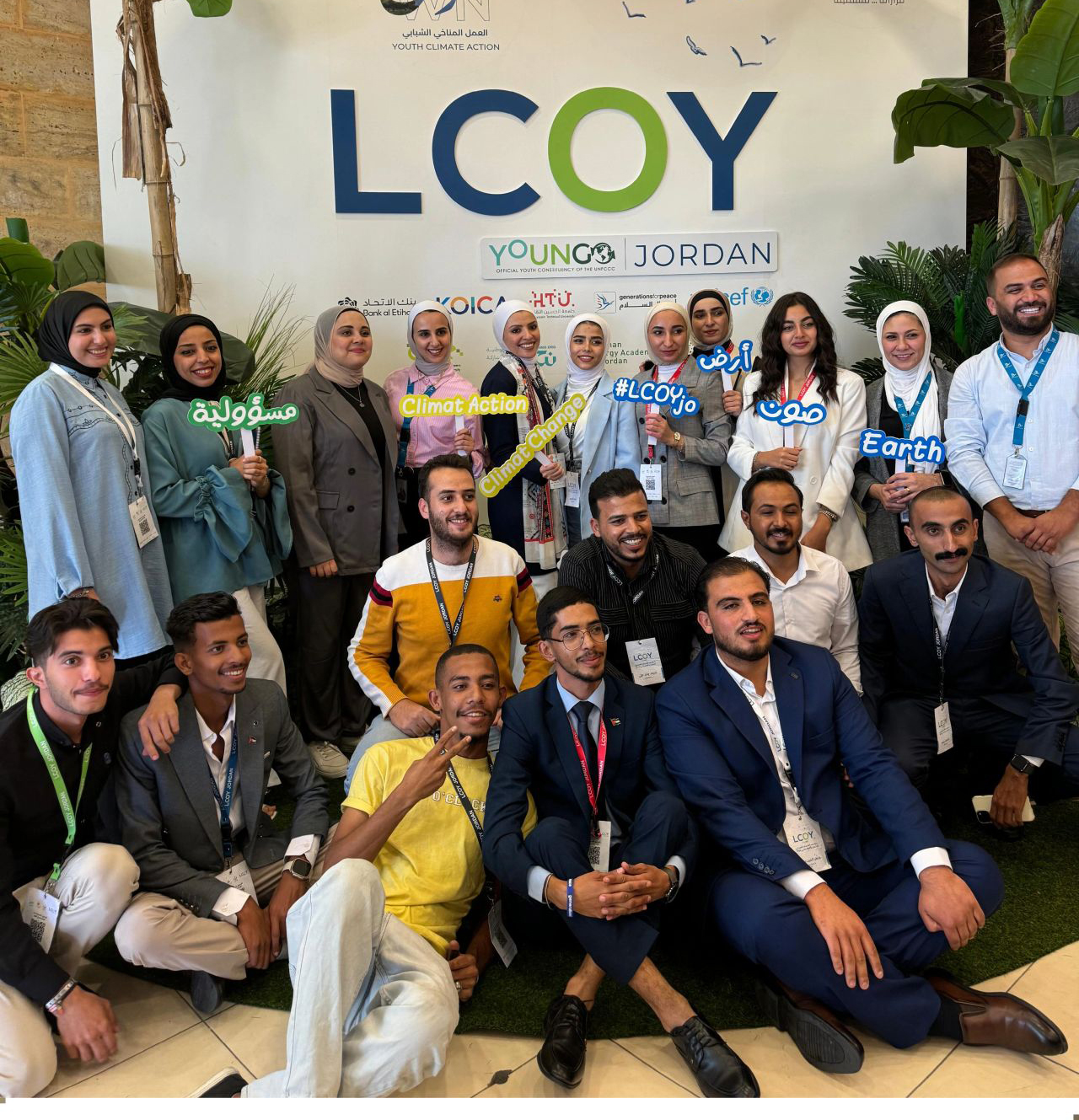
Throughout YEF2024, discussions reinforced the importance of building trust between governments and youth to foster genuine collaboration. Participants emphasized successful youth engagement must be youth-led, inclusive and institutionalized within national frameworks. The NDC Partnership Youth Engagement Forum is held annually to promote and strengthen youth participation in climate action, as outlined in the Youth Engagement Plan.
In 2024, the Partnership also launched a Best Practice Brief to provide guidance on applying a whole-of-society approach to stakeholder engagement in NDC processes.
More Impact Pathways
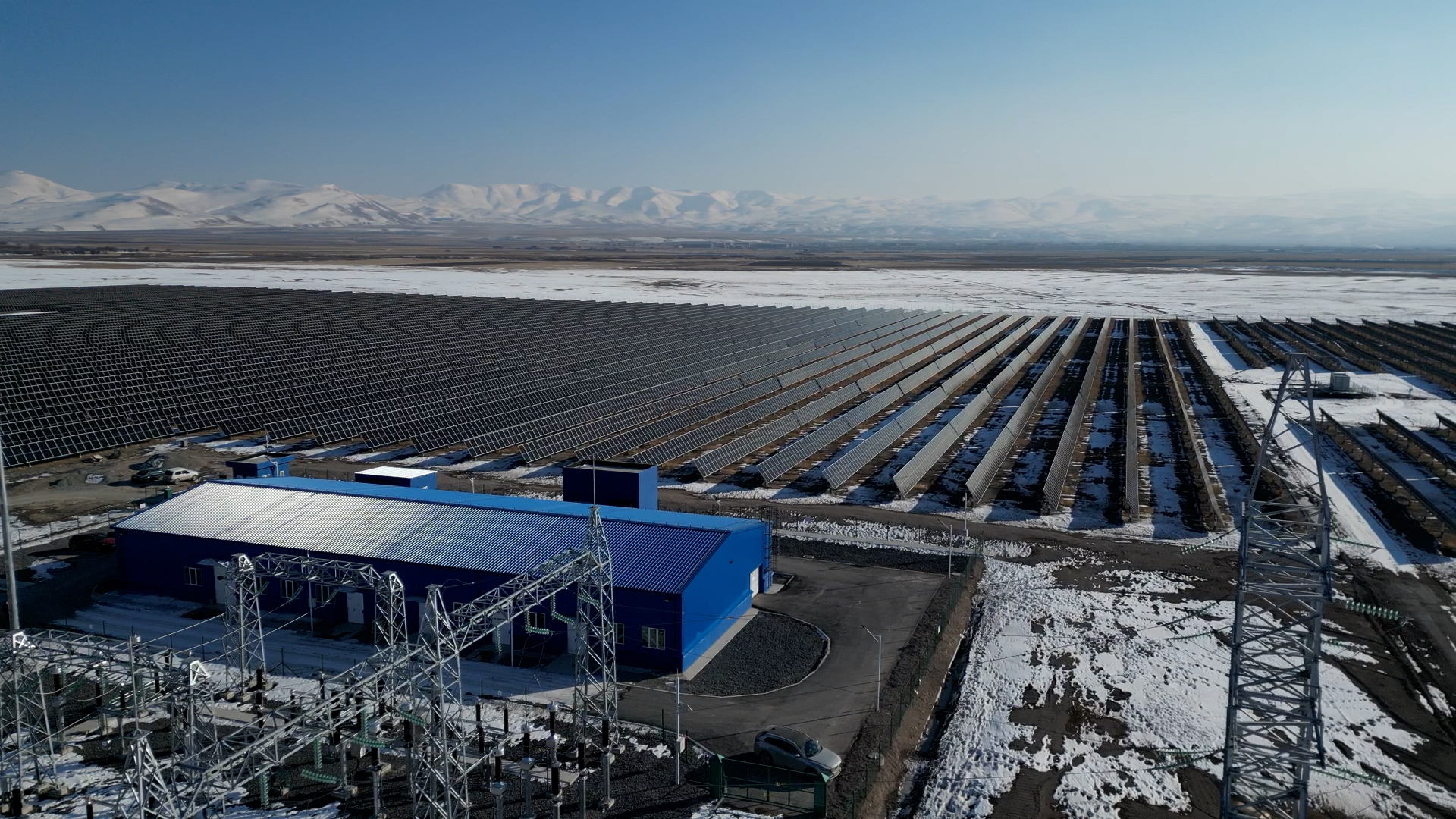
Armenia's Push for Clean Energy and Sustainable Development
See this pathway in action by exploring how Armenia is accelerating NDC implementation across climate-vulnerable sectors.
Read Story
The NDC Partnership: A Convening Force for NDCs 3.0
Learn about NDC 3.0 progress and support mechanisms such as the Global Call for NDCs 3.0 & LT-LEDS, the NDC 3.0 Navigator and the Partnership Action Fund (PAF).
Read Story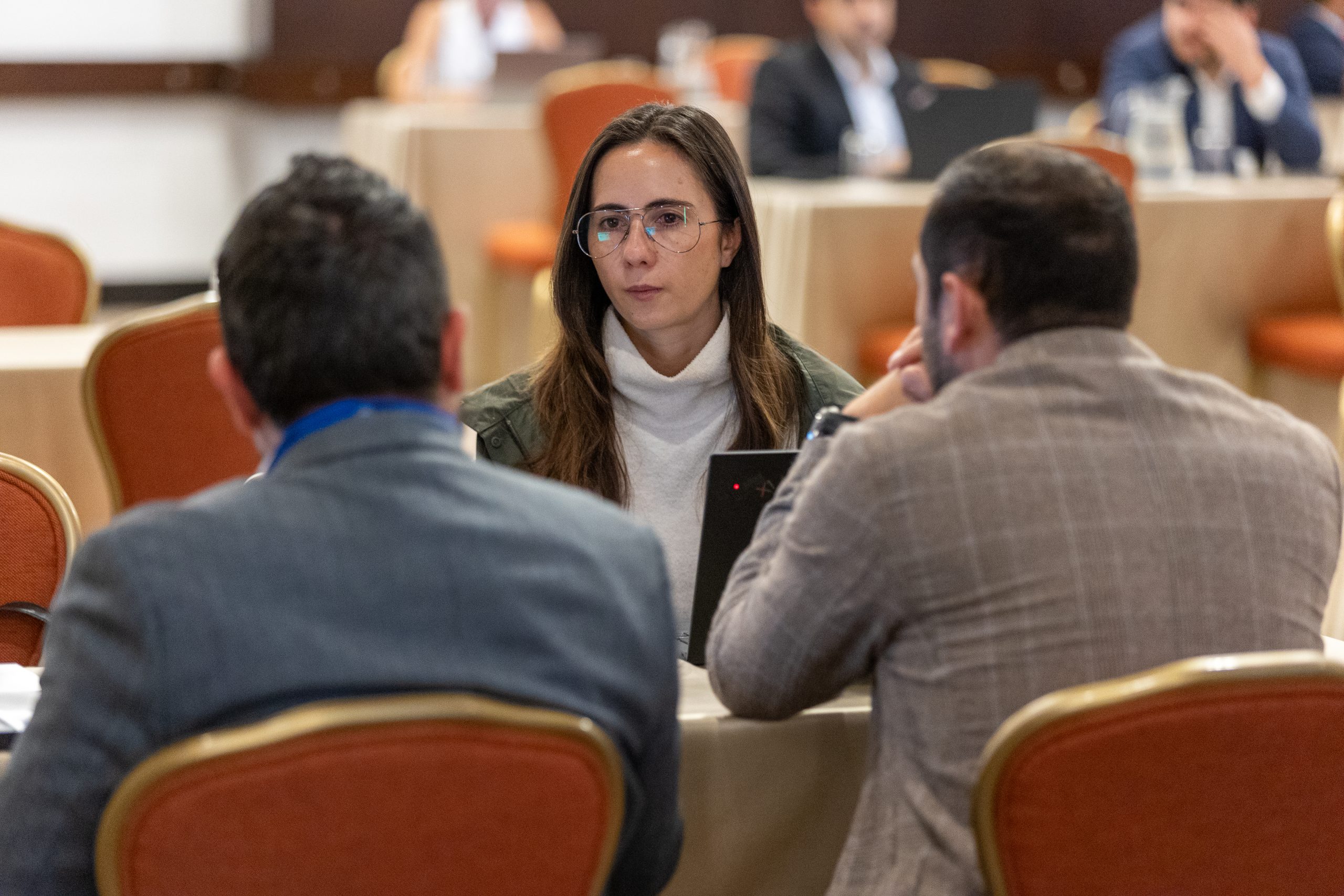
Financing the Future: Colombia’s Climate Finance Broker
See how Colombia is promoting climate investments through its Climate Finance Broker Facility.
Read Story



